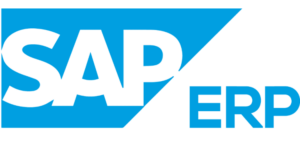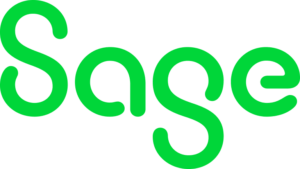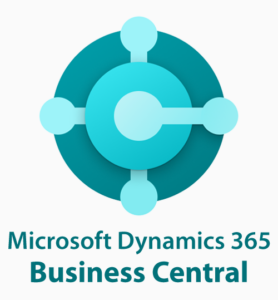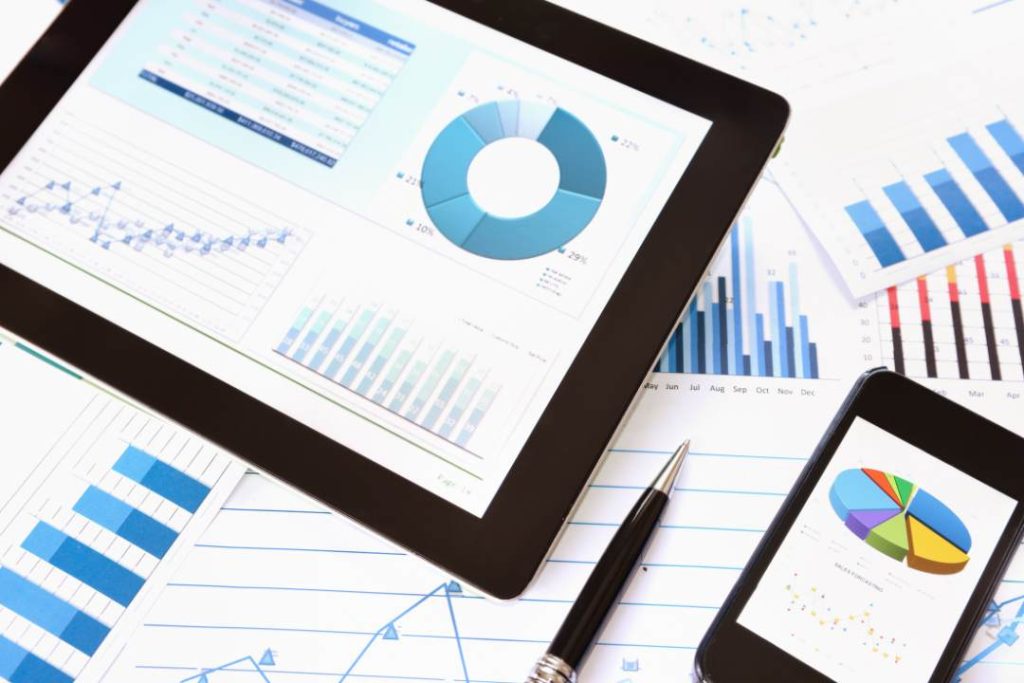Los 3 ERP más usados en el ecommerce B2B

En el mundo del ecommerce B2B, la integración de un ERP adecuado es crucial para la gestión eficiente. Cada opción tiene sus ventajas y desventajas a considerar en la elección. Elegir el ERP correcto es fundamental para optimizar la gestión empresarial.
SAP ERP: Ventajas y desventajas para empresas B2B

En el mundo del ecommerce B2B, SAP ERP se destaca por su amplia gama de funcionalidades y su capacidad de adaptarse a las necesidades específicas de cada empresa.
Funcionalidades y adaptabilidad de SAP ERP
- SAP ERP ofrece una amplia variedad de funcionalidades que permiten optimizar la gestión de la tienda online y mejorar la eficiencia de los procesos empresariales.
- La capacidad de adaptarse a las necesidades específicas de cada empresa lo convierte en una opción atractiva para aquellas que buscan una solución personalizada.
- La robustez de SAP ERP lo hace especialmente popular entre las grandes corporaciones que requieren un sistema sólido y confiable.
Costo de las licencias y su impacto en las pymes
- Una de las principales desventajas de SAP ERP es el alto costo de las licencias, lo cual puede ser un obstáculo para las pequeñas y medianas empresas.
- Las pymes deben evaluar cuidadosamente si la inversión en SAP ERP se ajusta a su presupuesto y si realmente necesitan todas las funcionalidades que ofrece.
- El costo de las licencias puede impactar en la rentabilidad de la empresa y en la capacidad de competir en el mercado.
Transforma tu ERP en un poderoso ecommerce B2B

Sage 200 y Sage X3: Versatilidad y ventajas para ecommerce B2B

En el mundo del comercio electrónico B2B, Sage 200 y Sage X3 destacan por su versatilidad y beneficios significativos para las empresas. Estas soluciones ofrecen características únicas que permiten una gestión eficiente en entornos de ecommerce.
Integración con la nube y facilidad de uso
- La integración con la nube de Sage 200 y Sage X3 proporciona flexibilidad y accesibilidad en la gestión de la empresa, permitiendo trabajar en cualquier momento y lugar.
- La facilidad de uso de estas plataformas simplifica la adopción por parte de los usuarios, agilizando los procesos y aumentando la productividad.
Adaptación a legislaciones internacionales
- Una ventaja clave de Sage 200 y Sage X3 es su capacidad para adaptarse a las legislaciones de diferentes países, lo que es fundamental para empresas multinacionales que operan en varios mercados.
- Esta adaptabilidad garantiza el cumplimiento normativo en todos los territorios donde la empresa realiza negocios, minimizando los riesgos legales y regulatorios.
Integra tu ERP con un ecommerce B2B con Stoam SaaS

Solución en la nube: Microsoft Dynamics 365 Business Central

Microsoft Dynamics 365 Business Central es una herramienta versátil y completa para optimizar la gestión de negocios B2B en la actualidad. Su solución en la nube permite acceder a la información de forma ágil y desde cualquier lugar.
Interfaz intuitiva y integración
Una de las ventajas principales de Microsoft Dynamics 365 Business Central es su interfaz intuitiva, que facilita la navegación y el uso de la plataforma para los usuarios. Además, su integración con el paquete Office de Microsoft permite trabajar de forma fluida y eficiente, aprovechando al máximo las herramientas más comunes.
Facilidad de uso y personalización
La facilidad de uso de Microsoft Dynamics 365 Business Central es uno de sus puntos fuertes, permitiendo a los usuarios adaptarse rápidamente a la plataforma y sacar el máximo provecho de sus funcionalidades. Además, la posibilidad de personalizar la herramienta según las necesidades específicas de cada empresa la convierte en una solución altamente versátil.
Integración con otras plataformas y sistemas
Microsoft Dynamics 365 Business Central se integra de forma sencilla con otras plataformas y sistemas empresariales, lo que facilita la centralización de la información y la automatización de procesos. Esta capacidad de conexión con diferentes herramientas brinda a las empresas una visión completa de su negocio y agiliza la toma de decisiones estratégicas.
Limitaciones funcionales y compensación con Power Platform
A pesar de sus ventajas, Microsoft Dynamics 365 Business Central puede presentar ciertas limitaciones en cuanto a funcionalidades específicas para ciertos sectores o necesidades particulares de las empresas. No obstante, estas carencias pueden ser compensadas con la integración de Power Platform, una solución de Microsoft que permite ampliar las capacidades de la herramienta principal y adaptarla a requerimientos más específicos.

Evaluación de los ERP para ecommerce B2B
En la elección de un ERP para un ecommerce B2B es crucial considerar varios factores. A continuación, se detallan los aspectos clave a tener en cuenta:
Necesidades específicas de la empresa en la elección del ERP
- Analizar las necesidades operativas de la empresa.
- Evaluar la escalabilidad del sistema en función del crecimiento del negocio.
- Considerar la integración con otros sistemas y plataformas existentes.
Importancia de la optimización de la gestión online y eficiencia de los procesos empresariales
- Buscar un ERP que agilice los procesos internos de la empresa.
- Priorizar la eficiencia en la gestión de la tienda online.
- Optar por una solución que permita una visión global y en tiempo real de la empresa.
Los sistemas ERP desempeñan un papel fundamental en el éxito del ecommerce B2B al facilitar una gestión eficiente y adaptable a las necesidades específicas de tu empresa.
Desde opciones robustas como SAP ERP hasta soluciones versátiles como Sage 200 y Sage X3, así como la accesibilidad y flexibilidad de Microsoft Dynamics 365 Business Central en la nube, existe una variedad de opciones para satisfacer diversas demandas empresariales.
La elección acertada del ERP adecuado no sólo optimizará la gestión empresarial, sino que también impulsará el crecimiento y la eficacia en el comercio electrónico B2B.
En Stoam SaaS reconocemos la importancia de ofrecer soluciones capaces de satisfacer las necesidades actuales a la vez que anticipan y abordan los desafíos futuros.
¡Contáctanos y asegura el éxito para tu ecommerce B2B!
Compartir:
Related Articles

What is B2B sales? Know all the keys
What is B2B sales? Know all the keys In today’s business world, B2B sales B2B (Business to Business) has taken

What are the main types of market segmentations that exist?
What are the types of market segmentations? The market segmentation is one of the key strategies in modern marketing, as

Discover what the Canvas model is for and how you can implement it in your ecommerce
Discover what the Canvas model is for and how you can implement it in your ecommerce In the world of

What are the key performance indicators in an ecommerce?
What are the key performance indicators in an ecommerce? In the ecommerce environment, knowing and measuring key performance indicators (KPIs)

B2B vs B2C: Understanding the key differences in e-commerce
B2B vs B2C: Understanding the key differences in e-commerce What is B2B and B2C? B2B (Business-to-Business) Refers to business transactions

What is a retailer and what is its impact on B2B commerce?
What is a retailer and what is its impact on B2B commerce? In the dynamic world of commerce, terms can

How to choose the best payment gateway for your ecommerce.
How to choose the best payment gateway for your ecommerce. Choosing a payment gateway is a crucial decision for any

5 Examples of market segmentation to boost your B2B online strategy
5 Examples of market segmentation to boost your B2B online strategy Market segmentation is a fundamental strategy in any business,

How to Present an Electronic Invoice in Spain
How to Present an Electronic Invoice in Spain What is an Electronic Invoice and Why is it Important? Definition and
Automatiza los pedidos con el ecommerce b2b de Stoam SaaS


Soy un apasionado del software SaaS y me dedico a ayudar a las empresas a optimizar sus procesos y aumentar su rentabilidad. Con 4 años de experiencia en ventas y gestión de cuentas en este sector, he tenido el privilegio de trabajar con empresas de referencia en tecnología para proporcionar soluciones innovadoras que impulsan su crecimiento. Mi enfoque se centra en comprender las necesidades de mis clientes y ofrecer soluciones que generen resultados tangibles. Estoy constantemente buscando nuevas oportunidades para aprender y crecer en esta industria en constante evolución.
